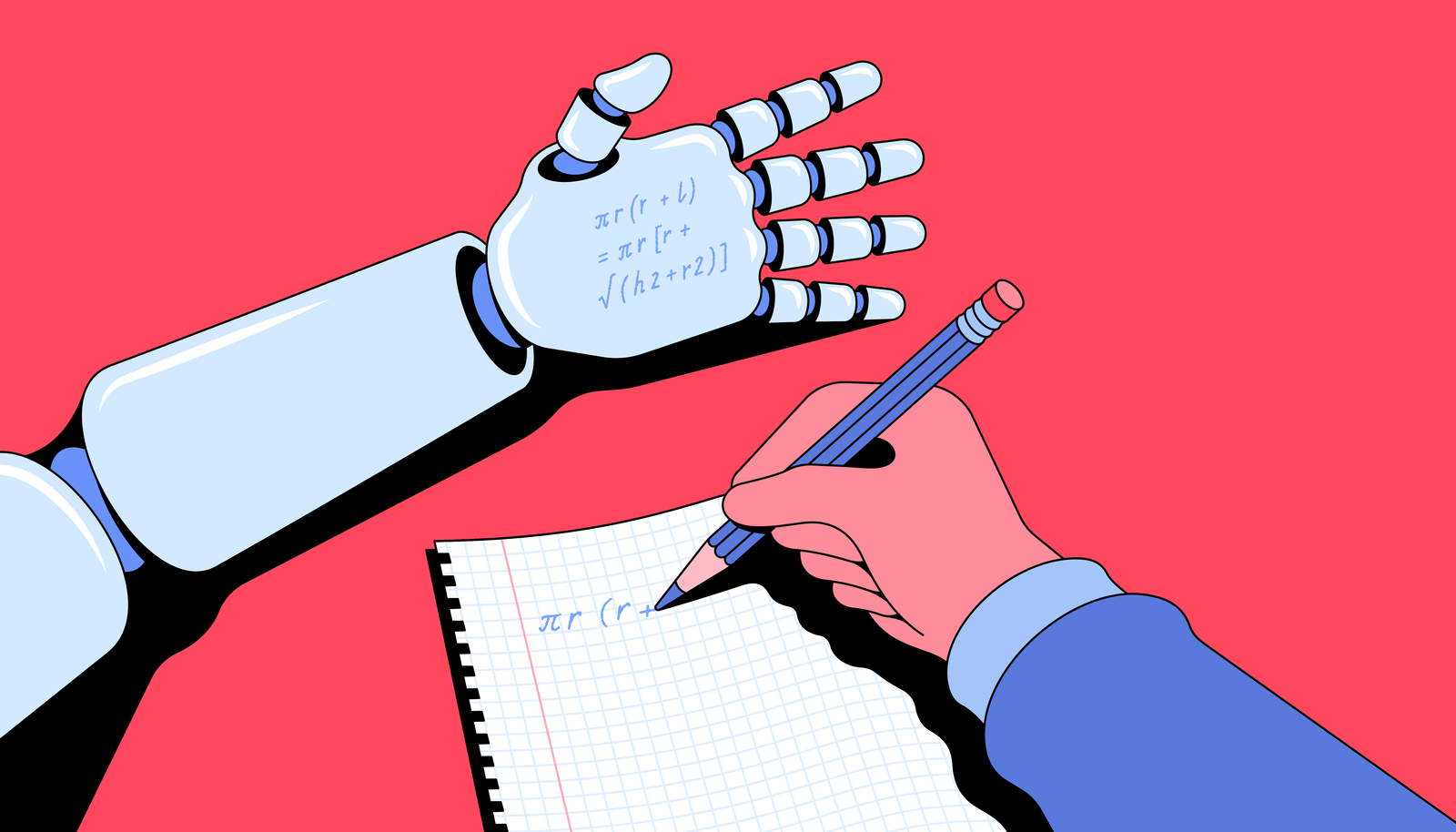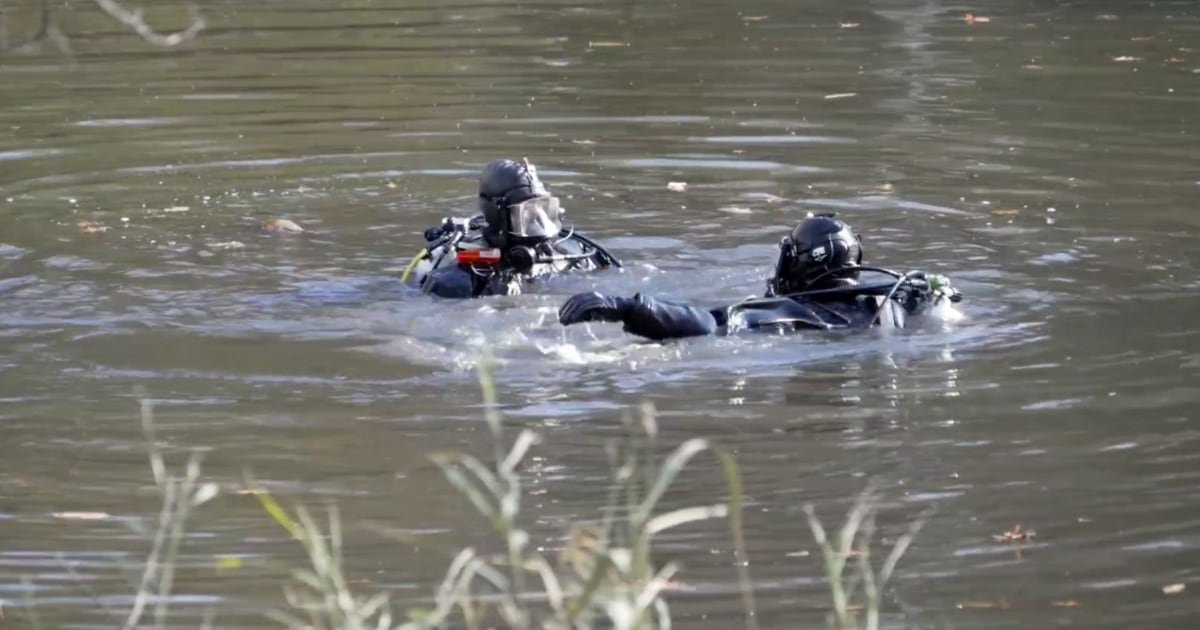Does A.I. In spite of the full lot Serve Cheating in Colleges?
Private investigator for cheating spouse:
For my columns throughout the aid-to-college season, I thought it may well per chance be priceless to head over the express of public education in The United States. This assortment will be equivalent to the one I wrote on parenting a pair of months aid in that this may well be huge-ranging in arena, so please undergo with me.
This past spring, Turnitin, a firm that makes anti-cheating tools to detect the spend of A.I. in pupil papers, released its findings per better than 200 million samples reviewed by its tool. Three per cent of papers had been roughly completely written by A.I. and roughly ten per cent exhibited some traces of A.I. It’s never a gargantuan idea to rely on recordsdata that a for-income firm releases about its fill product, nevertheless these numbers enact not indicate some epidemic of cheating. Diversified study has proven that there hasn’t been a major extend in pupil plagiarism since the unveiling and mass popularization of spacious language items equivalent to ChatGPT. Students appear to cheat quite a bit, veritably—as much as seventy per cent of faculty students reported on the very least one event of cheating within the past month—nevertheless they cheated on the same charges sooner than the appearance of A.I.
What has elevated is the volume of lecturers and adults who seem convinced that the full teenagers are cheating. A watch by the Center for Democracy and Technology learned that “a majority of lecturers peaceable story that generative AI has made them more distrustful of whether or not their college students’ work is fundamentally theirs.” Such suspicions safe been paired with accurate questions concerning the efficacy of A.I.-detection tools, in conjunction with one concerning discovering that confirmed A.I. detectors had been more inclined to flag the writing of non-native English audio system. This uncertainty, alongside with the failure of many college districts to implement a transparent and complete A.I. protection, has resulted in 1 other layer of debate among educators about easy strategies to tackle conditions of alleged cheating. A spot of pointers on the spend of Turnitin, which turn into once impartial impartial nowadays released by the Center for Teaching Excellence on the University of Kansas, warned lecturers against making “hasty judgments” per the firm’s tool and quick that educators as a replacement “take dangle of a pair of more steps to rating recordsdata,” in conjunction with evaluating old examples of the pupil’s work, offering second probabilities, and talking to the pupil. (Earlier this month, the Wall Boulevard Journal reported that OpenAI, the firm that developed ChatGPT, had built its fill detection instrument, which turn into once arrangement more right than its opponents’ tool, nevertheless had held off releasing it, because admitting that college students did certainly spend ChatGPT to cheat would be harmful for industry.)
Tutorial recordsdata is notoriously unreliable. There’s heaps of of it—teenagers take dangle of tests on daily basis and safe on the realm of every and each fragment of their academic journeys tracked from the age of 5—nevertheless, even as you dig into many education study, you’ll salvage heaps of of noise and almost no signal. When attempting to parse what, as an illustration, a runt extend in statewide reading scores may well per chance indicate concerning the efficacy of a given program, the most attention-grabbing one can enact is survey on the guidelines, are attempting to eyeball some elevated model, and then display veil it considerably halfheartedly. Here’s what I accept as true with is occurring in colleges with ChatGPT: lecturers are potentially a bit overly suspicious of faculty students, in fragment because they’ve been given tools to receive cheaters. Those panoptic tools safe doubtless scared some college students straight, nevertheless cheats are going to cheat. When I turn into once in excessive college, graphing calculators had been blamed for pupil cheating. Ten years later, the ubiquity of cell phones in classrooms stirred up visions of formative years across the nation texting every other check solutions every time a teacher’s aid turn into once became. Wikipedia also had its moment as the destroyer of study and recordsdata in colleges; on the present time, it’s obvious that Wikipedia has been a receive upright for society and no doubt more right and less biased than the Encyclopædia Britannicas it replaced.
The subject strikes a chord in my memory of the bid with sports-playing apps. Gambling, relish plagiarism, isn’t recent. While you stick a hundred other folks who safe never positioned a bet in their lives in a casino, a runt quantity of them will advance aid the next day, and the next, and the next. The comfort will either never bet over again or gamble simplest infrequently and in a accountable manner. Cheating in college strikes me as a identical phenomenon—per chance it’s ethical that almost all teenagers have interaction in a bit little bit of unethical schoolwork, nevertheless some fragment of formative years never will and heaps more doubtless enact so simplest within the most trivial (or attempting) instances. Technology does change the skills; it may well also aid edge cases to open tossing dice at a craps table or asking ChatGPT to write a paper. But, for the most fragment, it’s not why adults gamble on sports or why teenagers cheat at college. And true as Wikipedia didn’t spoil the written notice—and certain deepened the study of many pupil papers by simplifying the introductory activity of attending to know a arena—the 5-paragraph essay will continue to exist spacious language items.
The bustle to resolve A.I. cheating and the myriad academic tools which safe been developed and sold to varsities across the nation elevate a tertiary, and arrangement more attention-grabbing, demand than whether or not or not the written notice will continue to exist. Once we accept as true with about college students’ work, the place will we arrangement the road between what has sprung out of their creating mind and what has not?
In STEM topics, the traces are a bit clearer. If a pupil true appears to be like over a neighbor’s shoulder and writes down the same answer, most other folks agree that’s cheating. But if a pupil is attempting to level to that he understands easy strategies to resolve an improved math bid that involves some multiplication, does the spend of a calculator indicate that the pupil is cheating? He isn’t being examined on whether or not he is conscious of easy strategies to multiply or not, so why spoil time and doubtlessly introduce careless errors? I enact not accept as true with that having ChatGPT write a paper is the same thing as using a calculator for more menial and elementary tasks internal a elevated math bid, nevertheless it with out a doubt’s charge asking why we with out a doubt feel otherwise concerning the automation of study and the written notice. Even within the shimmering arts, patrons and appreciators safe lengthy well-liked that the artist doesn’t want to with out a doubt carry out every brushstroke, create every sculpture, or assemble every little bit of a spacious installation. Minute armies of uncredited assistants safe their hands in every single place the works of Andy Warhol, Damien Hirst, and Jeff Koons, which has kicked up periodic controversies, nevertheless not ample to discontinue the apply. Would we accept as true with less of these artists if a machine true did all of the assistants’ work?
These questions are summary and ridiculous, nevertheless along with they replicate the arbitrary approach wherein we accept as true with about what constitutes cheating and what would not. Outdoors of blatant acts of plagiarism, the road between cheating and never cheating within the humanities seems to rely on the period of time it takes to complete a role. As an instance, if a pupil visited a library archive to analyze what came about within the week after D Day, spooled some microfiche into an historical machine, and dutifully jotted down notes, we would doubtless accept as true with more highly of that effort than if the pupil learned the same article in a Google search, and positively more so than if he paraphrased some Wikipedia editor’s reading of that article.
Below this common sense, college isn’t about creating recent scholarship or answering questions wisely—it’s about teaching ethical work habits. An adolescent who takes the time to head exact into a library is more inclined to fetch the forms of work habits that will allow him to search out accompanying bits of recordsdata that would be priceless in creating a original, an algorithm, or a convincing argument. Keeping apart the obtrusive offense of dishonesty, the bid with cheating isn’t so powerful that the pupil skips over the strategy of explaining what they learned—it’s that they deprive themselves of the time-drinking labor of with out a doubt having learn the book, model out the sentences, and accept as true with by the advised.
Among the elementary crises that the Cyber web dropped at classrooms turn into once the sense that, because references to info and historical past not desired to be kept on your mind, nothing with out a doubt desired to be learned anymore. Search engines, Wikipedia, and ChatGPT all demanded the same clarification: If we now safe these tools, what’s the level of these lessons? Colleges tend to alter slowly, even when education trends advance and move. Here’s a upright thing and mostly owes to the incontrovertible truth that upright lecturers tend to safe lengthy careers. But, since the days after I turn into once a teacher, within the mid-two-thousands, I’ve noticed a subtle shift within the approach other folks accept as true with about what teenagers should always learn within the humanities. The premise of memorization, for the most fragment, has long gone away; teenagers usually are not any longer forced to rattle off the date of the First Defenestration of Prague (1419) or commit the same lists of vocabulary phrases to memory. At the same time, diverse the political fights that folks fetch into over colleges for the time being hinge on curriculum picks, which safe continually struck me as each and each silly and wildly beside the level. It’s with out a doubt resplendent exhausting to shake a child’s beliefs with a stray book or lesson. But I infrequently wonder if the doctrinaire push in on the present time’s colleges, the intense fights over easy strategies to educate historical past or math, the censorious book bans in some states, advance from a collective danger that the guidelines-retention fragment of faculty may well per chance now be outdated. Since it’s exhausting to clarify why teenagers should always learn dates and vocabulary phrases and the relish, we now safe subtly shifted the motive of faculty to teaching them what to ponder and straight forward strategies to head by life as a upright particular person. Here’s an admirable aim nevertheless will on the full discontinue in bitter war over which values subject.





